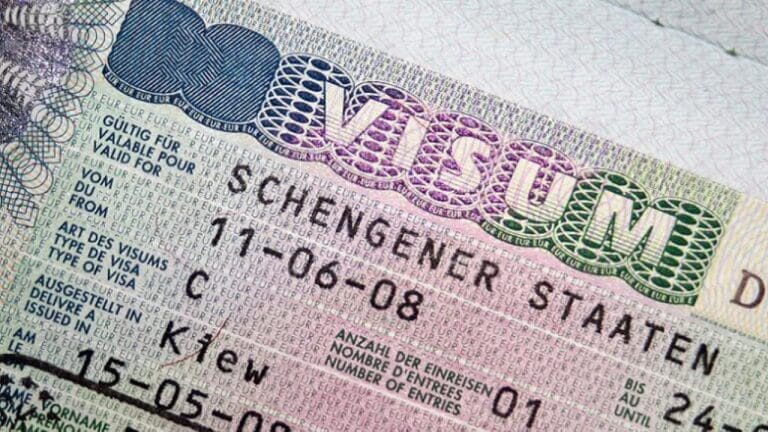Schengen Area Expansion: Bulgaria and Romania Join on January 1, 2025
Starting January 1, 2025, Bulgaria and Romania will officially become full members of the Schengen Area, marking a significant milestone in European integration. This expansion will allow for seamless, passport-free travel between these two countries and the other 26 Schengen member states, making it easier for travelers to move across Europe. Here's a breakdown of what this means for travelers and the broader implications of this historic move.
Key Highlights of the Schengen Area Expansion
-
Full Membership for Bulgaria and Romania:
- Both countries, which have been in the process of joining the Schengen Area for years, will now be fully integrated into the zone.
- Citizens of these countries will be able to travel freely to all Schengen states without passport checks.
-
Passport-Free Travel:
- Travelers can cross borders between Bulgaria, Romania, and the rest of the Schengen Area without the need for passport controls or additional paperwork.
- This includes land, air, and sea borders, making travel across Europe more convenient.
-
Unified Borders:
- Schengen member states will have consistent border control policies, contributing to better security and more efficient travel across the region.
What This Means for Travelers
-
Increased Mobility:
- With the addition of Bulgaria and Romania, travelers from non-Schengen countries can visit 28 countries within the Schengen Area on a single visa. This will enhance opportunities for tourism, business, and cultural exchange.
- No more border checks between Bulgaria, Romania, and other Schengen countries means smoother travel and more time to enjoy your trip.
-
Visa-Free Access:
- Travelers holding a Schengen visa will be able to enter Bulgaria and Romania without applying for separate national visas.
- Similarly, visitors to Bulgaria and Romania will be able to move freely to other Schengen countries.
-
Enhanced Economic Ties:
- The Schengen expansion is expected to increase trade and tourism across the region. The easier movement of goods, services, and people is anticipated to strengthen Bulgaria and Romania’s economies and contribute to the European Union's broader economic goals.
Steps for Travelers in the Schengen Area After Expansion
-
Check Schengen Visa Requirements:
- Travelers from countries that require a Schengen visa must ensure they apply for the appropriate visa, which will now cover Bulgaria and Romania as well.
- The visa will allow entry into all Schengen countries, including the newly added members.
-
Carry Necessary Documentation:
- Even though passport controls will be removed at border crossings within the Schengen Area, travelers are still required to carry valid identification and the necessary travel documents for entry into the Schengen zone.
-
Follow Entry Rules:
- Travelers must comply with the Schengen Area's rules, including the 90/180 rule (which allows stays of up to 90 days within any 180-day period in the Schengen Area).
- Make sure to follow any health and safety guidelines, especially those related to COVID-19 or other public health measures.
Implications for Bulgaria and Romania
-
Boost to Tourism:
- The inclusion of Bulgaria and Romania in the Schengen Area is expected to attract more tourists to these countries, known for their rich cultural history, scenic landscapes, and diverse attractions, such as the castles in Romania and the Black Sea resorts in Bulgaria.
-
Economic Growth:
- With improved access to the broader European market, Bulgaria and Romania are likely to see growth in trade, business investment, and tourism-related industries.
-
Enhanced Security Cooperation:
- Schengen membership requires robust cooperation on border control and policing. Bulgaria and Romania will now align with Schengen’s standards for security and information sharing, contributing to regional stability and safety.
onclusion: A New Era of Travel in Europe
The inclusion of Bulgaria and Romania into the Schengen Area will simplify travel within Europe, making it easier for tourists, business people, and citizens to explore the continent. For travelers, this expansion opens up more destinations to visit with fewer barriers, while for Bulgaria and Romania, it is a significant step toward deeper integration into the European Union. Whether you’re traveling for leisure or business, starting in January 2025, the Schengen Area will offer even more opportunities for seamless, borderless travel across Europe.


:quality(80)/business-review.eu/wp-content/uploads/2024/12/dreamstime_m_286882612.jpg)


